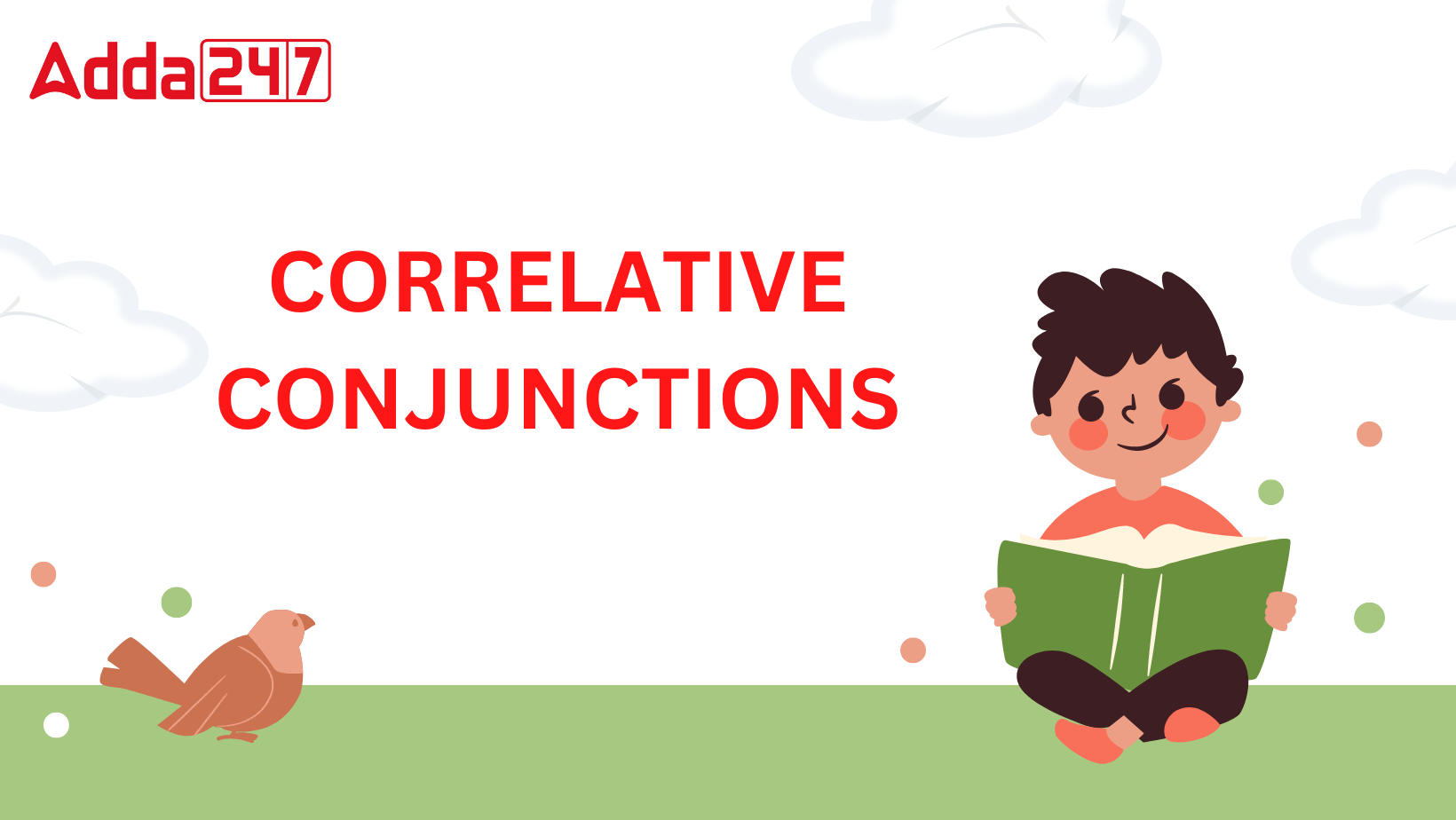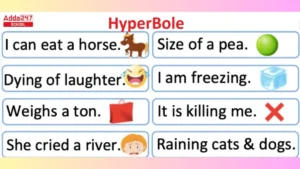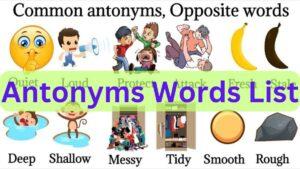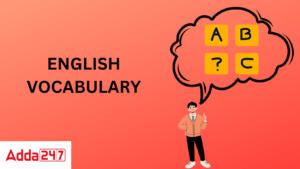Table of Contents
Correlative Conjunctions
Correlative conjunctions are used to connect words, phrases, or sentences, and correlative conjunctions are used in pairs. Either…or, neither…nor, both…and, not only…but also, whether…or are the correlative conjunctions. These conjunctions stress the connection between the ideas being connected and are stronger than coordinating conjunctions.
Correlative Conjunction- Definition
Check the definition of correlative Conjunction based on based on different dictionaries of English Grammar below.
Correlative conjunctions are “made up of two or more words acting together as a pair, to link two comparable elements,” according to the Collins Dictionary.
According to the Cambridge Dictionary, These conjunctions are terms “used to describe two or more objects that are connected to each other.”
“Correlative words are frequently used together but are not frequently placed next to one another. According to the Macmillan Dictionary, correlative conjunctions include words like “either” and “or.”
Correlative Conjunctions Examples
Examples of correlative conjunction are given below
- Either…or
- Neither…nor
- Not only…but also
- Whether…or
- No sooner…than
- Rather…than
- Such…that
- Scarcely…when
- As many/much…as
- Both…and
Usage Correlative Conjunctions in Sentences
Check how to use the correlative conjunction in sentences below.
- Either you study for it it or you will have to face the result.
- Neither did Ron nor his friends attend the event.
- Not only did they block the road but they also kept shouting slogans.
- Manoj was saying that he is not sure whether he should go or stay there only.
- No sooner did my mom complete all the household chores than she started cleaning the house.
- He’d rather read the books than wasting time on phone.
- My brother did such a stupid thing that everyone mocked him.
- John had scarcely left work when his boss called and had to go back into the office again.
- There are as many chairs as there are tables.
- Both Riddhima and Sheena liked the movie.
Correlative Conjunctions Rules?
Before using correlative conjunctions, here are some points to keep in mind
1) When using correlative conjunctions, keeping subject-verb agreement in the phrase is the most crucial thing to pay attention to. When joining two sentences with singular subjects with a pair of correlative conjunction, the verb must also be singular.
2) When two sentences with multiple subjects are connected by a correlative conjunction, the verb employed should also be plural. If two sentences with singular and plural subjects are connected by a pair of correlative conjunctions, the verb should agree with the subject (noun or pronoun) that it is positioned closest to.
3) Another thing to look out for when using correlative conjunction is utilising the proper pronouns in accordance with the sentence’s subjects. When two sentences with singular nouns are connected by a pair of correlative conjunction, the sentence’s pronoun must also be singular.
4) When two sentences with plural nouns are joined by a correlative conjunction, the sentence’s pronoun must also be plural. The pronoun should be made singular or plural depending on the noun it is closest to if two sentences with singular and plural nouns are combined using a pair of correlative conjunction.
Correlative Conjunctions Exercise with Answers
Fill in the blanks using the correlative conjunctions given in the brackets and rewrite the sentence after using the correlative conjunction
-
My brother is ill. My sister is ill. (both……… and)
-
The teacher was not in class. The monitor was not in the class. (neither……. nor)
-
He is poor. He is honest. (thought…… yet)
-
The cloth may be in the bag. It may be in the cupboard. (either…. or)
-
There was a violent storm. Many trees were uprooted. (such…. that)
-
The doctor reached. The patient died. (hardly….. when)
-
He is strong. He is brave. (not only….. but also)
-
Do not be a borrower. Do not be a lender. (neither ….. nor)
-
It was very dark. We could see nothing. (so…… that)
-
The thief saw the policeman. He ran away at once. (no sooner….. than)
Check your answers
- Both my brother and sister are ill.
- Neither the teacher was in the class nor the monitor.
- Though he is a poor yet honest.
- Either the cloth may be in the bag or in the cupboard.
- There was such a violent storm that many trees were uprooted.
- The doctor had hardly reached when the patient died.
- He is not only strong but brave also.
- Neither be a borrower nor a lender.
- It was so dark that we could see nothing.
- No sooner did the policeman see the thief than he ran away.
| Related Articles | |
| Verbs | Adverbs |
| Adjectives | Prepositions |



 Hyperbole- Explanation, Definition, Exam...
Hyperbole- Explanation, Definition, Exam...
 500+ Antonyms Words List for Kids, Downl...
500+ Antonyms Words List for Kids, Downl...
 Vocabulary Words with Meaning and Senten...
Vocabulary Words with Meaning and Senten...










